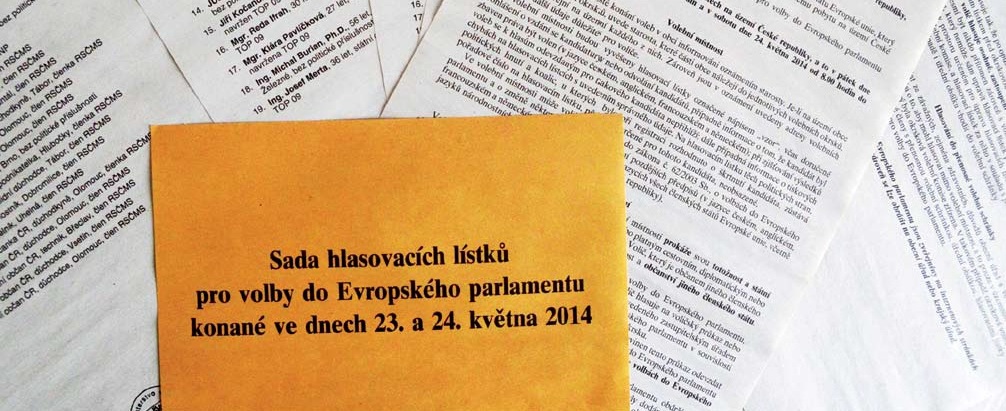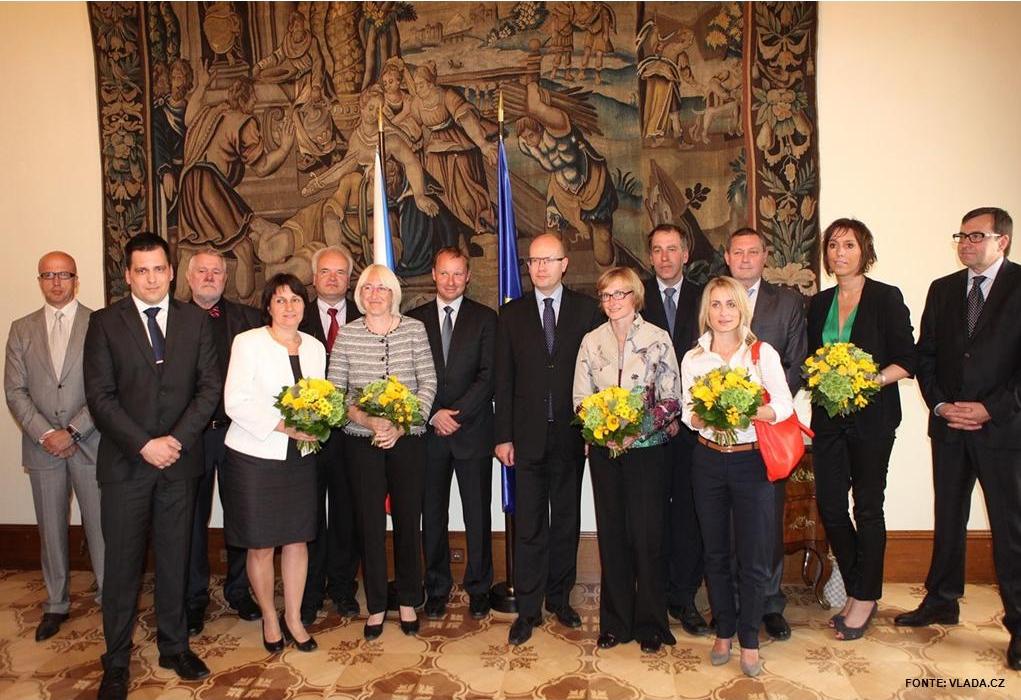A worrying turnout in the European elections: only 18.2% voted
Babiš wins, but in view of the Commissioners’ choice, it will be tough to make the Czech vote count
The European elections in late May certainly did not cause upheavals in the majority who lead the Czech Republic, but it undoubtedly left field winners and losers on the field. The most obvious result, the litmus test of how Prague views Brussels, is the data regarding the turnout of the vote: only 18.2% of those eligible went to the polls in the Czech Republic. In Europe, a lower turnout occurred only in Slovakia, where only 13% voted. A resonant rejection of the pro-European feeling, a statistic to think about ten years from the EU membership of the country, and a worrying percentage even for those who have based part of their electoral program on the EU.
 In this bleak political landscape following the voter turnout, the winner, if you really want to find one, is undoubtedly the new man of Czech politics, the millionaire and Finance Minister Andrej Babiš, who with his movement Ano, had the best result, earning 16,13% of the votes. Not far behind was the opposition party, the Top 09, the only one who really talked about Europe during the election campaign, with 15.95%, and third the Social Democrats of Prime Minister Bohuslav Sobotka with 14.17%. All three parties have largely pro-European positions, something which has highlighted the reasons for the low turnout even more. Even the polls beforehand, had raised the issue of Euro-scepticism, or rather a lack of interest more than anything else, also linked to the failed unification of the vote with the one for the politics, anticipated in the fall of the Nečas government: according to the main studies, the majority of Czechs do not believe that participating in the vote to choose the 21 MEPs can bring genuine changes to their lives or to Czech politics. Moreover, immediately after voting in his polling station, the Czech President Miloš Zeman also announced, “the Czechs are not really interested in the EU and mistakenly believe that does not affect them, but in reality 80% of the national legislations comes from the EU”.
In this bleak political landscape following the voter turnout, the winner, if you really want to find one, is undoubtedly the new man of Czech politics, the millionaire and Finance Minister Andrej Babiš, who with his movement Ano, had the best result, earning 16,13% of the votes. Not far behind was the opposition party, the Top 09, the only one who really talked about Europe during the election campaign, with 15.95%, and third the Social Democrats of Prime Minister Bohuslav Sobotka with 14.17%. All three parties have largely pro-European positions, something which has highlighted the reasons for the low turnout even more. Even the polls beforehand, had raised the issue of Euro-scepticism, or rather a lack of interest more than anything else, also linked to the failed unification of the vote with the one for the politics, anticipated in the fall of the Nečas government: according to the main studies, the majority of Czechs do not believe that participating in the vote to choose the 21 MEPs can bring genuine changes to their lives or to Czech politics. Moreover, immediately after voting in his polling station, the Czech President Miloš Zeman also announced, “the Czechs are not really interested in the EU and mistakenly believe that does not affect them, but in reality 80% of the national legislations comes from the EU”.
In such a climate, the intervention from the man who made Euroscepticism his trademark for years was inevitable: the former president Václav Klaus. “I must admit that for the first time since the fall of communism 25 years ago, I was really undecided whether to vote or not”, said the former head of state, adding he had not read any of the programs of the parties. For Klaus the low voter turnout was evidence that people have realized that the attempt to centralize and artificially manage Europe from one location is a mistake. The former president himself has revealed, recalling the referendum of 2003, for entry into the EU of the Czech Republic, that he voted against it. Besides, recalling his signing of the Treaty of Lisbon, which came only in late 2009, the former president said: “At the end I had to sign, because I was left without support in Europe and in my homeland. I did not want to play the part of Don Quixote”.
According to some political scientists, it is precisely this kind of attitude, like believing that Europe is redundant and useless to the interests of citizens, which is the cause of low participation and is therefore to be confronted.
“In the Czech Republic, considering their approach to Brussels, it was predictable that the European polls aroused little interest”, said political expert Bohumil Doležal. Vladimíra Dvořáková’s verdict was rather more negative, since she believed part of the blame would have to be taken by the media who don’t succeed in making people understand the complexity of interests at stake between Prague and other EU members: “This is not a fight, it is a simple battle, that draws attention”, added the political scientist pointing out that polls show that the Czech public has a negative attitude towards the EU without understanding that outside the union, the Czech Republic would be even more vulnerable. Besides, with such a low turnout you can no longer consider counting on Brussels, especially in view of the choice of commissioners.

(A group of new Czech MEPs with the Prime Minister Bohuslav Sobotka – Photo: vlada.cz)
“We forgot one important thing” about the European Union, that “there are no more border controls and that there is no alternative for Prague to the EU”. The words of Babiš, winner with his movement who wanted to emphasize his pro EU positions in the aftermath of the polls and the worrying low turnout. If Babiš speaks from the top about his votes and the “success” of his party, another element brought to light by these European polls should be noted: the growth of Eurosceptic party Svobodní, the Free Citizens’ Party that with the 5,2% managed to get a seat in the European parliament by a whisker. The party, which will be part of the same group of the Movimento 5 stelle (5 Star Movement) and Farage’s UKIP in Strasbourg, has probably reached its target in the wake of the success of eurosceptic movements in other European countries.
A closer look in the Czech Republic, of the 21 MEPs elected, only six are openly Eurosceptic, also including the two who were elected by ODS (Civic Democratic Party).
It is a signal that in the Czech Republic the politicians will have to fight the huge apathy more than anti-Europeanism that left its mark in old Europe since the crisis.
by Daniela Mogavero




